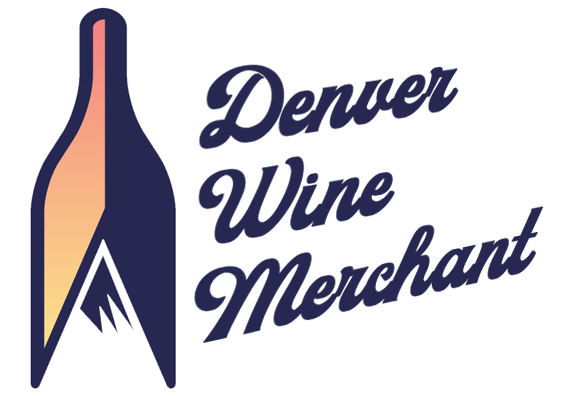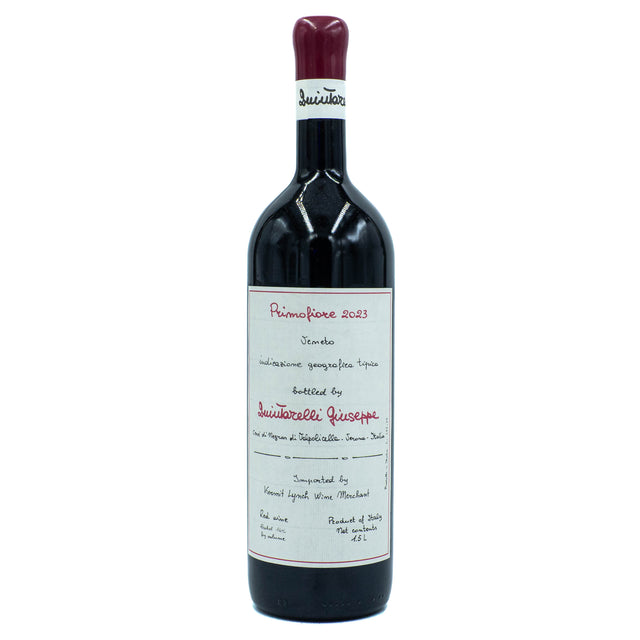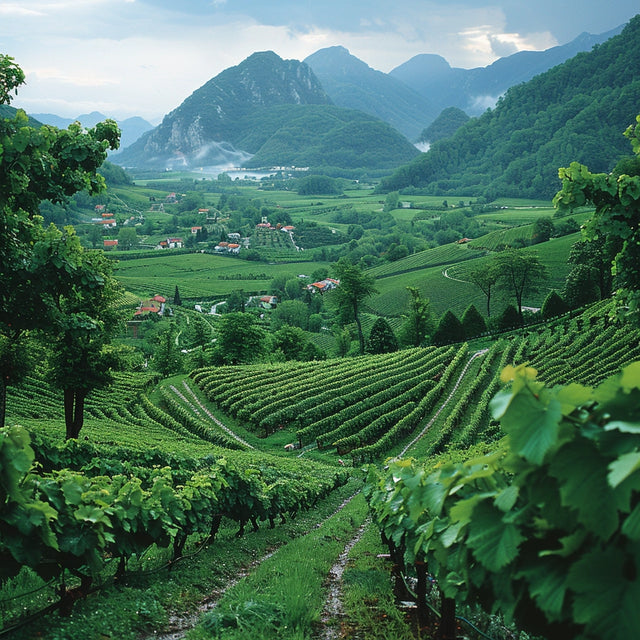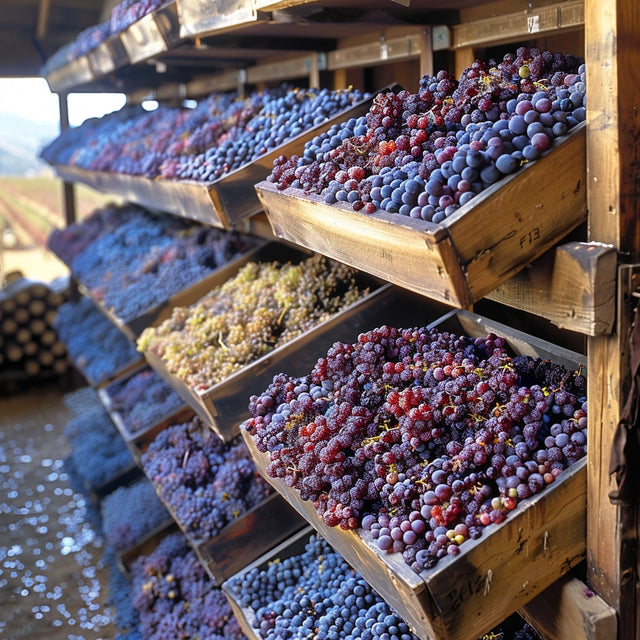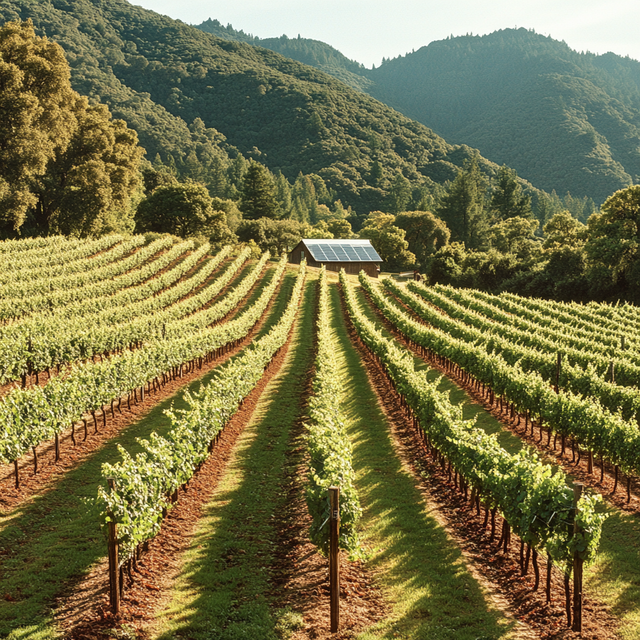The Veneto wine region, located in northeastern Italy, is one of the most versatile and prolific wine-producing areas in the country. Stretching from the shores of Lake Garda in the west to the outskirts of Venice on the Adriatic coast, Veneto boasts a diverse range of microclimates and soils, which contribute to the production of a wide variety of wine styles. Famous for its elegant reds like Valpolicella and its iconic Amarone—a rich, powerful wine made using partially dried grapes—Veneto also produces the popular sparkling wine Prosecco, made in the hills between Conegliano and Valdobbiadene, and the crisp white Soave, known for its mineral and floral characteristics.
Italy - Veneto
Corvina is a key red wine grape predominantly grown in the Veneto region of Italy, celebrated for its pivotal role in producing the esteemed Amarone della Valpolicella. In the process of making Amarone, the grapes are traditionally dried in a method known as appassimento, which concentrates their sugars and flavors, resulting in a rich, full-bodied wine with a characteristically high alcohol content. This technique showcases Corvina’s ability to maintain acidity and freshness, even in such an intensely flavorful and structured wine. The grape’s adaptability and resilience make it indispensable in the Veneto region, especially for creating Amarone and its lighter counterpart, Valpolicella, offering a unique profile that is robust yet elegant.
Corvina
Sustainable vineyard farming is an environmentally conscious approach that prioritizes long-term ecological balance, economic viability, and social responsibility. Unlike organic farming, sustainable practices do not necessarily exclude synthetic chemicals, but rather focus on minimizing their usage, carefully managing resources like water and energy, protecting biodiversity, and reducing waste and carbon footprint. Wineries employing sustainable methods often integrate modern technology and traditional practices to improve efficiency and maintain healthy vineyards. Certifications like "SIP Certified" or "LIVE Certified" help validate sustainability efforts. However, sustainable farming differs distinctly from organic, as sustainable producers may use synthetic inputs in moderation if deemed necessary for the overall health and productivity of their vineyards.
